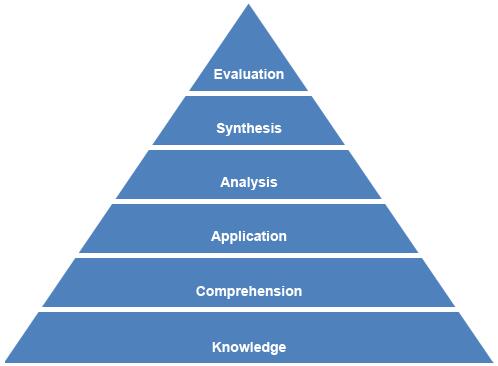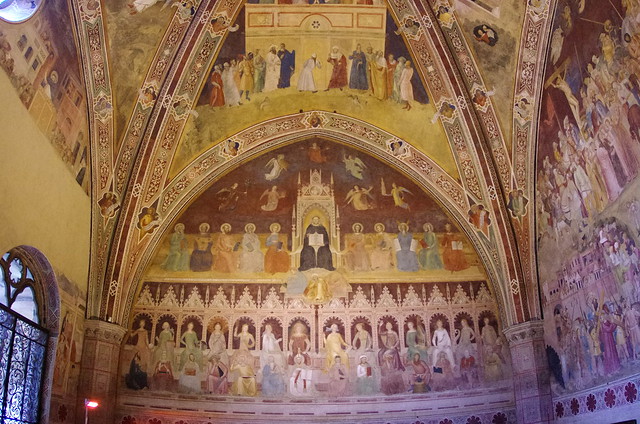Tag: liberal arts
-
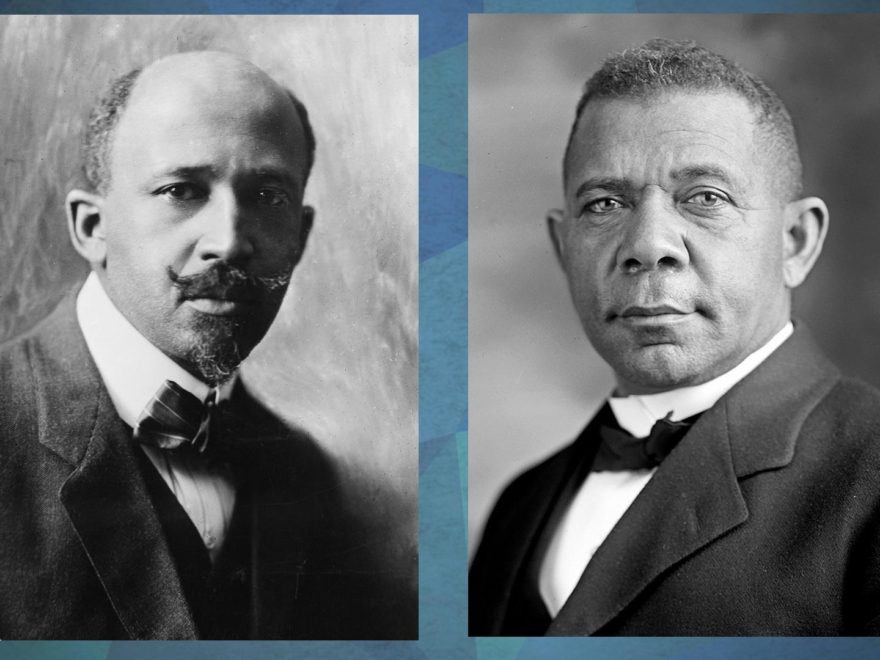
Educating to Transform Society: The Washington-DuBois Debate
The year was 1895. Two momentous events occurred that year that would lead to a heated rivalry between Booker T. Washington and W. E. B. DuBois. The first event was the death of Frederick Douglass on February 20th of that year. He was the leading black figure of the time, speaking and writing with a…
-
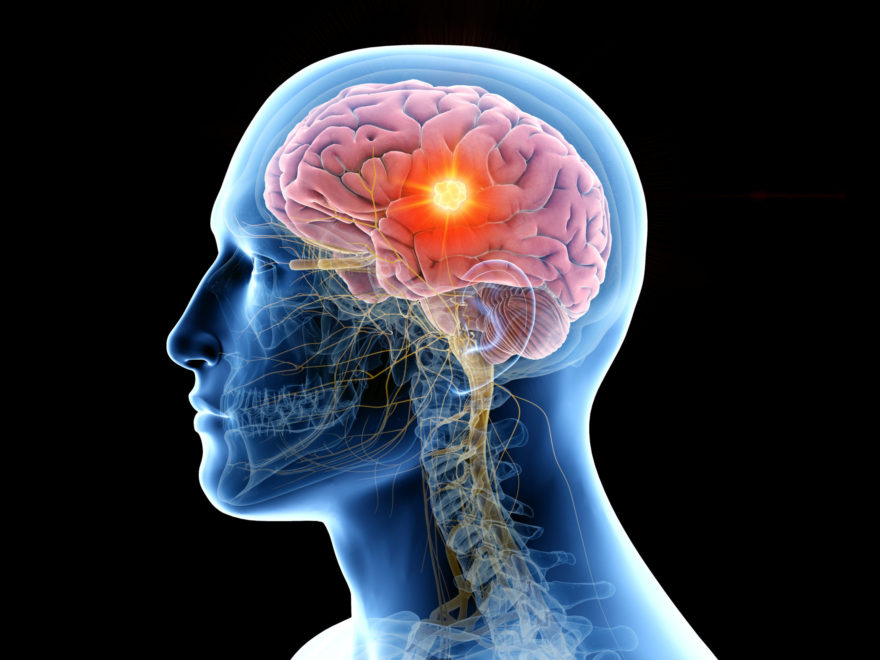
The Human Brain and the Liberal Arts
For some Christians, brain science and talk of “caring for your brain” can be uncomfortable. It smacks of a physicalist conception of reality in which all we are is our physical bodies. As Christians, we believe in the reality of the soul and a transcendent immaterial world. To focus myopically on the brain may cause…
-

Liberal Arts and the Transmission of Culture
In classical circles, we speak often about the importance of the liberal arts, over and against mere career-readiness skills, but we do not always elaborate. The reality is that career-readiness skills–skills like analyzing data, applying information technology, preparing for an interview, and completing tasks efficiently–are immensely helpful. The problem is not their usefulness, but their…
-

Practicing in the Dark or the Day: Well-worn Paths or Bushwalking, Artistry and Moral Virtue Continued
In my last article we explored the analogy between Aristotle’s intellectual virtue of artistry or craftsmanship (Greek: techne) and moral virtue, taking our cue from the Nicomachean Ethics book II. Along the way we discovered the foundation for these two types of excellence in habit development or the neural networks of the brain. Excellence, according…
-
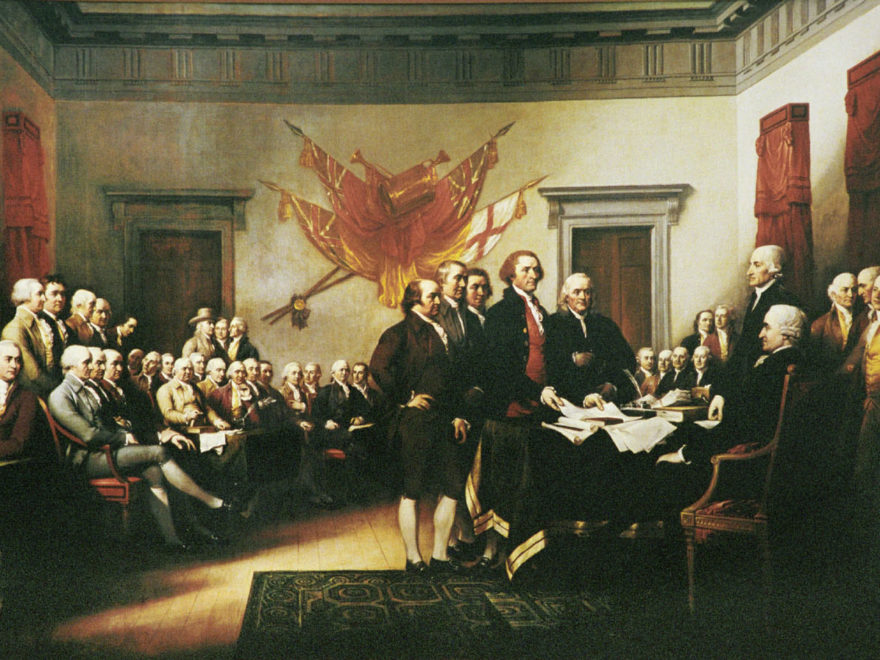
Insights on Education from the Life of John Adams
This past month I have been reading David McCullough’s biography on John Adams. Adams, as you may recall, was a key leader amongst the colonies throughout their concerted effort to gain independence from British rule. He experienced first hand the benefits of life in the British Empire as well as the eventual challenges. Adams would…
-

6 Tips for Teaching Classically
This past fall, I announced the launch of my free eBook “The Craft of Teaching: ‘Teach Like a Champion’ for Classical Educators.” I am now excited to share that this summer I will be presenting a workshop on the same topic at the Society for Classical Learning‘s Annual Conference (you can access the full schedule…
-

What Bloom’s Left Out: A Comparison with Aristotle’s Intellectual Virtues
In the last three articles in this series, I laid out the good, the bad and the ugly of Bloom’s Taxonomy. After the last two posts it is perhaps worth reaffirming the value of Bloom’s project. While I ultimately believe that Bloom and his colleagues may have done more harm than good, I do affirm…
-

Christian Education and the Calling of the Church
Every Christian family has to make the difficult decision at some point where to send their children for school. With the widespread availability of public education over the last hundred years, the conventional option for some time now has been public schooling. Here the cost for admission is free and the overall education they receive…

